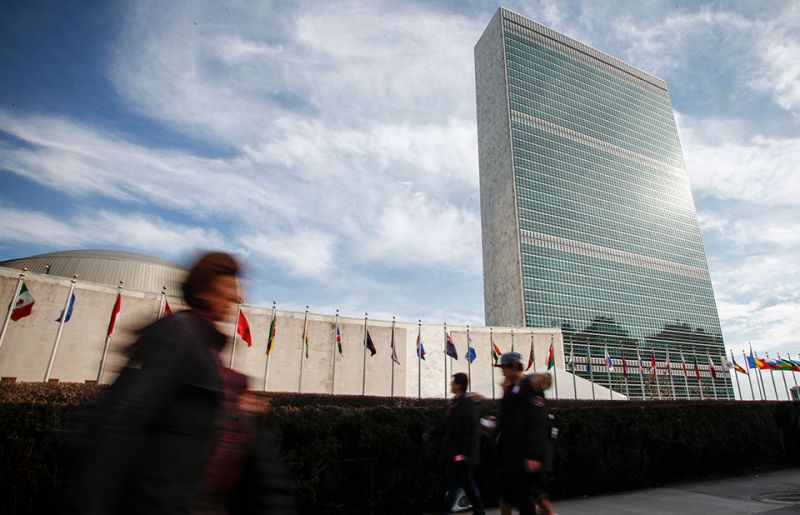A panel that met on the sidelines of the United Nations High-Level Meeting on AIDS, Addressing the Impact of the COVID-19 Pandemic on the AIDS Response and Building Back Better for Pandemic Preparedness, examined how the responses to HIV and COVID-19 can contribute to building multisectoral preparedness and response systems through providing concrete examples of innovations and policy and structural changes introduced in the context of COVID-19.
The panellists, comprising leaders, experts and representatives of community organizations and networks of affected people, addressed how to improve pandemic preparedness and response, and health-care systems more broadly, in the pursuit of the Sustainable Development Goals.
The speakers shared ideas and recommendations to help mobilize political leadership, solidarity and support for ending AIDS by 2030 and for stronger pandemic preparedness for the future. They went on to look at how innovation and technology can address the bottlenecks to achieving Sustainable Development Goal 3 (good health and well-being) through digital health infrastructure and agile, differentiated delivery models. The panellists also addressed the importance of community-led responses in delivering health for all, and reflected on the importance of across- and within-country solidarity in ensuring equitable access to health and socioeconomic support.
“HIV setbacks because of COVID-19 would not have happened with more effective protective policies and laws. National sovereignty should not be used against populations in need, but laws should be applied to protect communities.”
Gracia Violeta Ross Bolivian Network of People Living with HIV/AIDS
“Adaptable institutions like the United States President’s Emergency Plan for AIDS Relief can provide important foundations to protect against future shocks. Countries around the world have been investing in their health systems—looking to future pandemics, we need to focus on prevention as well as preparedness to respond.”
Gayle Smith Coordinator, Global COVID-19 Response and Health Security, Department of State, United States of America
“We need to explore new institutional arrangements to encourage effective multilateralism. All countries need to respond more effectively to best practices, and, for example, learn from the impact of community engagement and leadership in HIV responses.”
Helen Clark Co-Chair of the Independent Panel on Pandemic Preparedness and Response
“Men who have sex with men, sex workers, transgender people, people who inject drugs and prisoners are particularly vulnerable to HIV and frequently lack adequate access to HIV services. In the context of COVID-19, we must make an extra effort to ensure they access all of the HIV services they need.”
Zsuzsanna Jakab Deputy Director-General, World Health Organization
“Pandemic preparedness must be a priority for the African continent. Africa has the largest HIV burden in the world and the pandemic in Africa has disrupted essential services and these disruptions could indirectly kill more than COVID-19 itself.”
John Nkengasong Director, Africa Centres for Disease Control and Prevention



